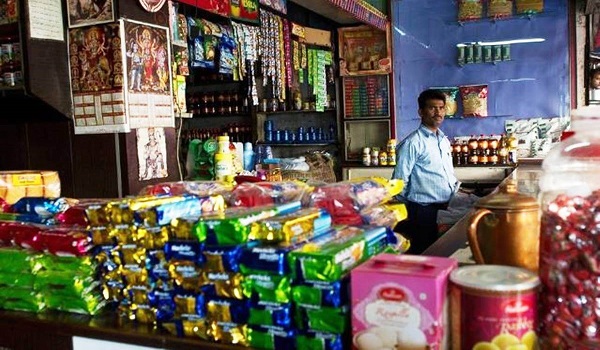In small towns in India, the sales of branded edible oils, rice, and wheat flour have risen by up to 15% year over year since April as commodity prices have fallen and farmers are getting good returns for their rabi crop.
Kitchen staples marketers Gemini Edibles & Fats India, Adani Wilmar, and GRM Overseas confirmed a shift from unbranded to branded products in tier-2 and tier-3 markets as brands have cut prices.
Before small towns, consumers mainly preferred to buy loose products because of lower prices. As the prices of branded oils are almost the same as with loose oils, which has prompted buyers in smaller towns and upcountry consumers to shift to the branded category.
Hence, consumers from tier-2 and tier-3 markets are preferring premium brands over local brands as the price difference between imported sunflower and soybean oils and domestic oils has narrowed significantly.
Since April, there has been a 10%–15% rise in sales of branded oils in these markets, which may increase as edible oil prices fall further as international prices are on a downward trend, which may give a boost to branded oil consumption.
In the case of wheat flour or atta, there has been a 12% swing in branded products since April in smaller towns and villages. From January to March, wheat prices increased, and consumers in tier-2 and tier-3 markets shifted to loose wheat flour. But as the prices cooled off at the end of March, a shift to branded atta has been seen.
Also, there has been a 15% shift in basmati rice and atta from the unbranded to the branded category in tier-2 and tier-3 markets. The farmers have good money for their crops, which is driving them to shift from unbranded to branded staples, and rural demand is also showing signs of recovery.
Also, post-Covid, health and hygiene have become big issues, and therefore, consumers are shifting to branded products. Industry experts say that a combination of positive micro- and macro-economic elements has created favourable conditions for the market expansion of bagged wheat flour in India, and this trend is expected to continue, especially as the top market players expand their reach into the country’s rural market.


